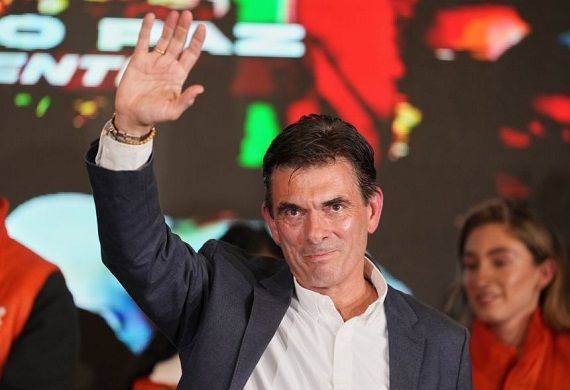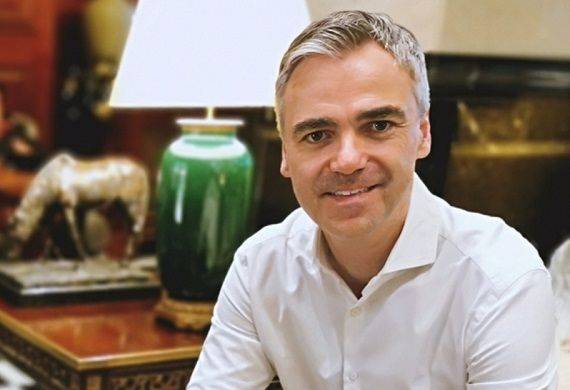Rodrigo Paz Wins in Bolivia, Ending 20 Years of Leftist Rule
By Global Leaders Insights Team | Oct 21, 2025

Voters in Bolivia chose change on Sunday, October 19, 2025, electing centrist Senator Rodrigo Paz as their new president in a runoff vote.
Paz, from the Christian Democratic Party, beat conservative Jorge "Tuto" Quiroga with 54.5% of the vote to Quiroga's 45.5%. It's a big shift: This ends nearly 20 years of control by the leftist Movement to Socialism (MAS) party, which has run the country since 2006.
The win comes as Bolivia faces its toughest economic times in decades. Natural gas exports have dropped sharply, inflation is at a 40-year high, and there's not enough fuel to go around. Tired of these problems, people turned away from MAS. Paz takes office on November 8.
In his victory speech in La Paz, the 58-year-old senator said, "We must open Bolivia to the world." Quiroga quickly conceded.
- Rodrigo Paz Wins Bolivian Presidency, Ending 20 Years of Leftist Rule
- Bolivia Elects Centrist Leader Rodrigo Paz Amid Economic Crisis
- Paz Victory Signals Political Shift and New U.S. Ties for Bolivia
Paz's plan keeps popular social programs but pushes for more private business growth. He wants tax breaks for small companies and more local control over money. This appealed to former MAS supporters who didn't like Quiroga's ideas for deep spending cuts and help from the International Monetary Fund. Paz is the third president from his family—his relatives have led Bolivia before.
Analyst Glaeldys Gonzalez Calanche from the International Crisis Group called it "a political turning point." She says Bolivia is moving in a fresh direction.
Paz got a boost from his running mate, Edman Lara. The former police officer became popular on TikTok for calling out corruption, helping connect with young people and workers.
But governing won't be easy. Paz's party doesn't control Congress. They have 49 of 130 seats in the lower house and 16 of 36 in the Senate—barely more than Quiroga's group. He'll need deals with other parties to pass laws.
Both candidates promised better ties with the U.S., which have been rocky since 2009. Paz is working on a $1.5 billion deal with America for fuel supplies. U.S. Secretary of State Marco Rubio said the election opens doors for stronger relations.
Paz plans to tweak fuel subsidies—keeping help for the poorest but making big farms and businesses pay full price. He's already lining up imports so shortages don't hit right after he starts. Still, unions like the Central Obrera Boliviana warn they'll fight any cuts to worker gains, which could lead to protests.
Also Read: Ron Conway Quits Salesforce Charity Over CEO's Trump Support
Some voters, like Lourdes Mendoza outside a La Paz polling station, are excited. "My kids grew up under one government," she said. "I hope they see new options." But others, like young nail salon worker Esther Miranda, aren't sold. "He's just a puppet for the old regime," she said.
Paz dreams of a "new stage" for Bolivia—one where the government steps back and lets people build a stronger economy.
.jpg)



